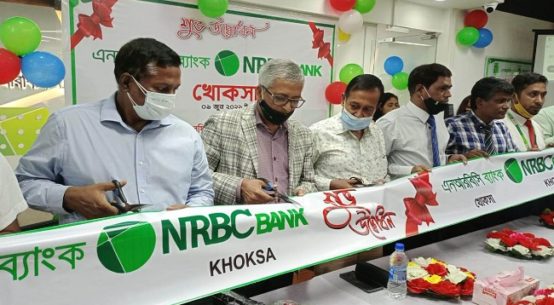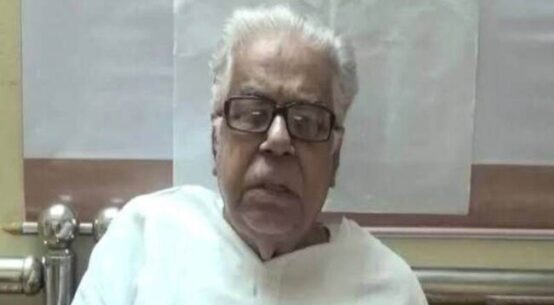State Minister for Information and Broadcasting Mohammad Ali Arafat on Tuesday urged the German broadcaster Deutsche Welle (DW) to show commitment to human rights and press freedom making and broadcasting documentary on the genocide orchestrated by Israeli forces in Gaza.
He made the call while talking about the recent documentary of the DW on Bangladesh’s human rights situation comparing with the context of Sri Lanka at a workshop here.
The state minister inaugurated the workshop titled ‘Right to Information for the Marginalized and disadvantaged Citizen’ at the Information Commission (IC) conference room in the city’s Agargaon area this morning.
“Very recently, the DW released a report on human rights tagging Bangladesh with Sri Lanka that witnessed a civil war in recent past. I don’t want to criticize it rather I appreciate commitment of any organization towards human rights,” he said.
“But I would like to ask the DW to prove its commitment to human rights and press freedom by making documentary on the human rights violation and genocide in Gaza,” Arafat added.
If the DW could not do it, he said, the documentary will be treated as motivated and a part of anti-Bangladesh conspiracy being carried out by a vested quarter, which does not talk about the problems and development of the marginalized people in real sense and try to tarnish the country’s image at the global stage.
Information Commission and Advancing Women’s Right of Access to Information Project of The Carter Centre jointly organized the workshop with Chief Information Commissioner (CIC) Dr Abdul Malek in the chair.
Aroma Dutta, MP, Information Commissioners Shahidul Alam Jhinuk and Masuda Bhatti and USAID Office Director Alena Tansey spoke at the function as special guests.
Earler, on May 25, the Inter Services Public Relations Directorate (ISPR) issued a rejoinder protesting the DW documentary titled “Torturers deployed as UN peacekeepers” and terming it “false and fallacious one”.
“This documentary presents a misleading portrayal of Bangladesh Army personnel in UN Peacekeeping Missions,” said the ISPR rejoinder.
Speaking about the Right to Information (RTI) Act, Arafat said the law was passed in parliament in 2009 with Prime Minister Sheikh Hasina as the Leader of the House that reflected her commitment to transparency and accountability of the government, the governance and democracy at large.
However, the law involves two sides – information providers and information seekers, he said, adding, “But we noticed a bit of lack of understanding between the two sides over the proper use of the law. I would like to thank the CIC and his entire team for working relentlessly to make the both sides understand about the law by giving trainings”.


